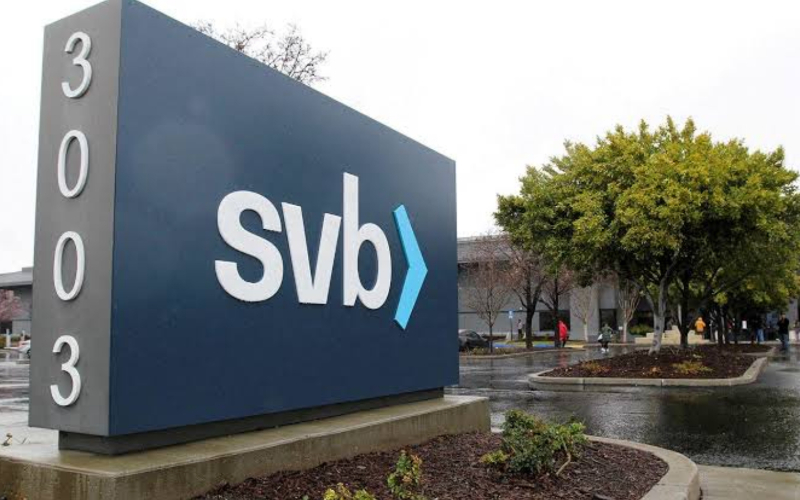Following multiple bank failures, mortgage rates decreased this week, reversing a trend that had seen them rise by half a percentage point during the previous month.
Longer-term uncertainty, however, is anticipated to discourage many homebuyers and keep the cost of ownership out of reach for many.
According to information from Freddie Mac posted on Thursday, the 30-year fixed-rate mortgage averaged 6.60% in the week ending March 16, down from 6.73% the previous week. The 30-year fixed rate was 4.16% a year ago.
Rates have been going lower since November, when they reached a 2022 high of 7.08%. They did, however, resume their ascent in February. Strong economic data showed that the Federal Reserve will likely keep raising its benchmark lending rate in its fight to calm the American economy.
But that was before to the recent week’s collapse of major banks. This caused investors to swarm to Treasury bonds, a safe haven, which pushed yields down and mortgage rates down in response.
“Turbulence in the financial markets is putting significant downward pressure on rates, which should benefit borrowers in the short term,” said Sam Khater, Freddie Mac’s chief economist.
The average mortgage rate is calculated based on mortgage applications that Freddie Mac receives from thousands of lenders nationwide. Only borrowers with great credit and a 20% down payment are included in the survey.
“The flight to government bonds resulted in yields on the 10-year Treasury note falling from near 4% at the beginning of last week to 3.4% by mid-week, thereby reversing the recent trend of climbing mortgage rates,” said Hannah Jones, economic research analyst at Realtor.com.
Strong economic indicators and unexpected banking developments over the last week all contributed to a decrease in the average mortgage rate for the week.
“At the beginning of last week, Federal Reserve Chair Jerome Powell suggested that more aggressive rate hikes may be necessary to rein in inflation, which led to a sharp drop in the stock market and an increase in mortgage rates,” Jones said.
“However, at the end of the week, the failure and resulting bailout of Silicon Valley Bank led to heightened investor concern of additional bank closures, which pushed activity towards Treasury bonds, resulting in dropping yields on the 10-year Treasury and a decrease in mortgage rates,” she said.


